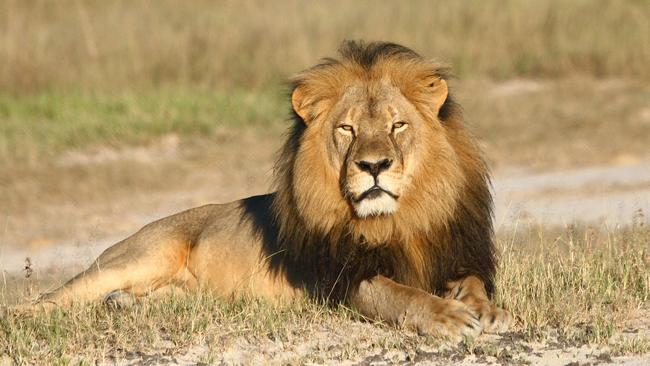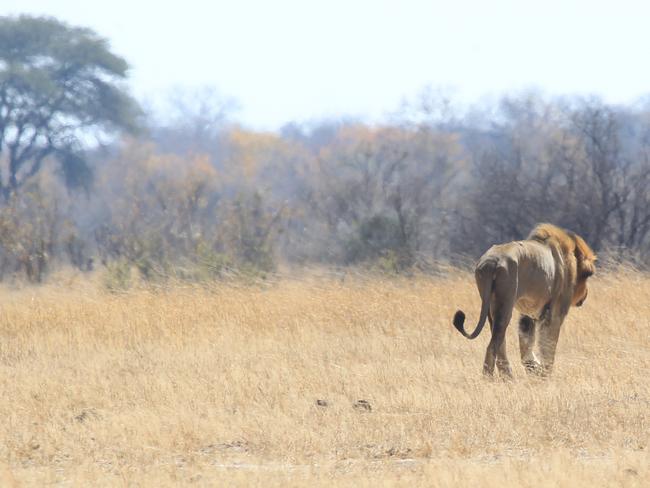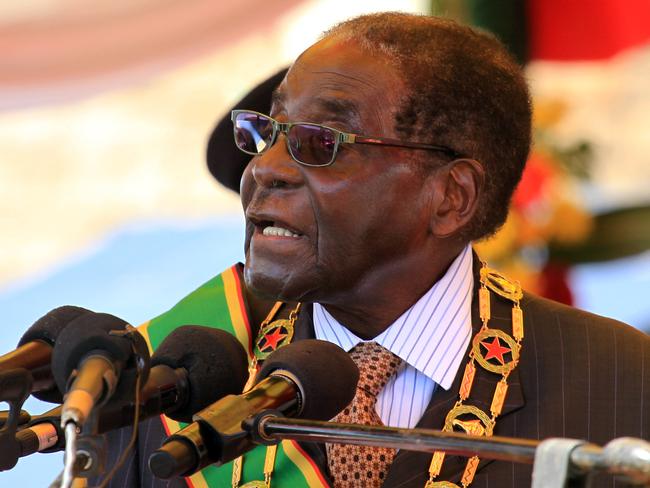Zimbabwe lifts hunting restrictions
AUTHORITIES have lifted hunting restrictions just a week after they were imposed following the killing of Cecil the lion. President Mugabe says the Zimbabwe people ‘failed to protect him’.

ZIMBABWEAN wildlife authorities have lifted restrictions on hunting that were imposed last week following the controversial killing of Cecil the Lion.
Authorities had suspended hunting in the area around Hwange National Park after the black-maned Cecil — a favourite with visitors to Hwange National Park — was shot by American dentist Walter Palmer with a bow and arrow
Announcing the lifting of the ban, Zimbabwe Parks and Wildlife Management Authority said in a statement: “The suspension of wildlife hunting in all other areas outside the parks estate has been lifted with immediate effect.”

Some restrictions on big game hunting remain, however.
All lion, leopard and elephant hunts will require written confirmation from the head of the parks authority and park staff must accompany each hunt.
The decision comes as Zimbabwe President Robert Mugabe has said that local people failed to protect their natural resources, such as Cecil, from foreign “vandals”, reports the BBC.
In his National Heroes Day address, Mugabe spoke about the famous lion: “He was yours to protect and you failed to protect him.”

“There are vandals who come from all over, of course ... some may be just ordinary visitors, but (there are) others who want to vandalise, to irregularly and illegally acquire part of our resources,” the president said, the first time he has spoken publicly about the hunted lion.
The majority of Mr Mugabe’s speech was spent remembering those killed in the struggle for independence, said the BBC.
Meanwhile, individuals involved in illegal hunting activities would be “banned from hunting for life as they tarnish the image of the hunting industry and their actions border on economic sabotage”, the statement said.
Cecil was killed in early July by Palmer, who paid $US55,000 ($A74,000) to shoot the feline.
The killing of the lion, who was being tracked as part of an Oxford University research project, provoked outrage among animal lovers worldwide.



